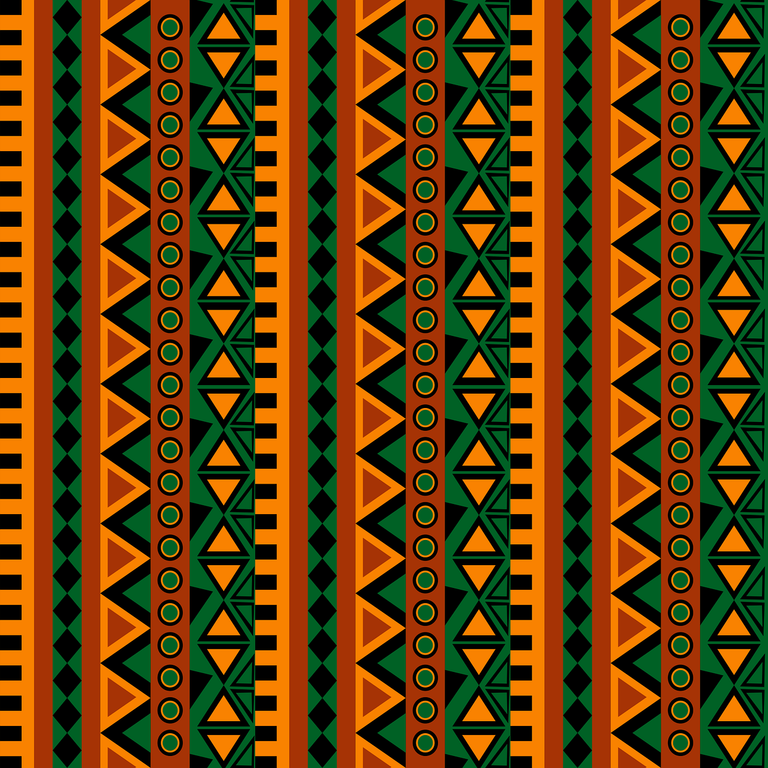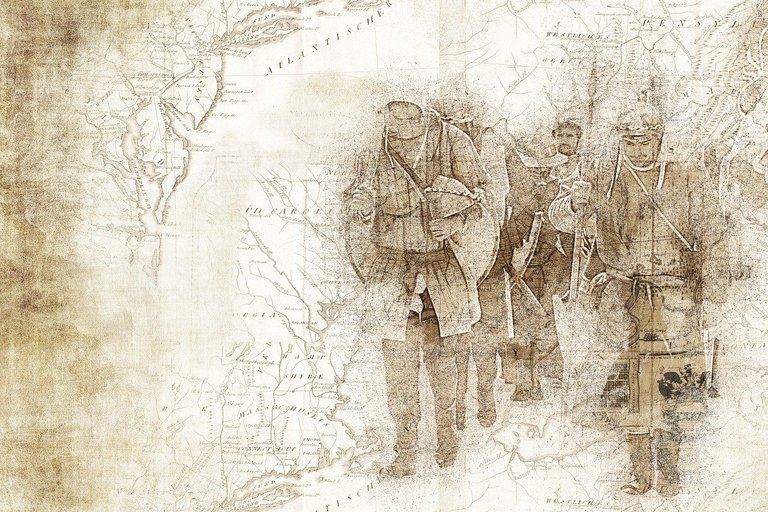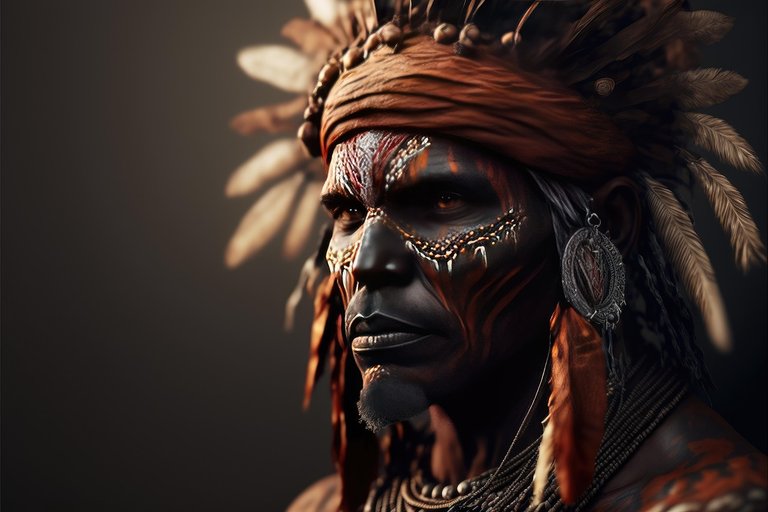Cultural appropriation is a complex issue that's been debated a lot lately.
For some weird reasons, I think about cultural appropriation a lot.
When I hear an artiste use some kind of sounds in their music, I want to know where it comes from, and how it affects the listener. Most of the times, I find out the element of culture used in some songs are used without understanding.

Source Link
Some dancers even display some dance steps without doing their due diligence to make sure they appreciate the culture of the originators.
Personally I see it as culture appropriation and I thought it wise to write about it today.
Essentially, it's when someone takes elements of another culture, like music, art, language, traditions, or symbols, without properly understanding or respecting their significance.
Imagine you're at a music festival, and you see someone wearing a traditional African dashiki. You might think it looks cool, but do you know the history and cultural significance behind it? Probably not.

Source Link
That's kind of what happens with cultural appropriation. People take things from other cultures without understanding their context, history, or meaning. It's like taking a selfie with a sacred symbol in the background, without knowing what it represents.
But why is this a problem? Well, cultural appropriation can be hurtful and disrespectful to the cultures being borrowed from. It's like someone's taking your family's heirloom and using it as a fashion statement, without even asking permission.
For example, let's say a fashion brand uses traditional Native African patterns on their clothes, without permission or proper understanding. That's cultural appropriation. The brand is profiting from someone else's cultural heritage, without respecting its significance or giving credit where it's due.
So, how can we appreciate other cultures without appropriating them? I wrote down a few of what I thought could help.
Firstly, learn about the culture. Before you take something from another culture, learn about its history, significance, and context.

Source Link
Secondly, do well to ask for permission. (Very Important). If you want to use something from another culture, ask permission first. This might mean asking a friend or family member from that culture, or doing some research to find out if it's okay.
Thirdly, Remember that cultures are not just things to be taken or used. They exist(if you studied living and non-living things in Primary School) They're living, breathing communities of people with their own histories and traditions.
Fourthly, Give credit to the element used or the originator. Most content creators have a problem with this. If you use something from another culture, give credit where credit is due. Acknowledge the culture and the people who created it.
Finally, Be mindful of power dynamics. Remember that some cultures have more power and privilege than others. Be mindful of how you're using elements from another culture, and make sure you're not exploiting or disrespecting them.

Source Link
It's all about being aware of our actions and their impact on others. We can build bridges between cultures, rather than walls by learning about the culture, asking for permission and being respectful.
Congratulations @daeze-winnie! You have completed the following achievement on the Hive blockchain And have been rewarded with New badge(s)
Your next target is to reach 100 replies.
You can view your badges on your board and compare yourself to others in the Ranking
If you no longer want to receive notifications, reply to this comment with the word
STOPCheck out our last posts: